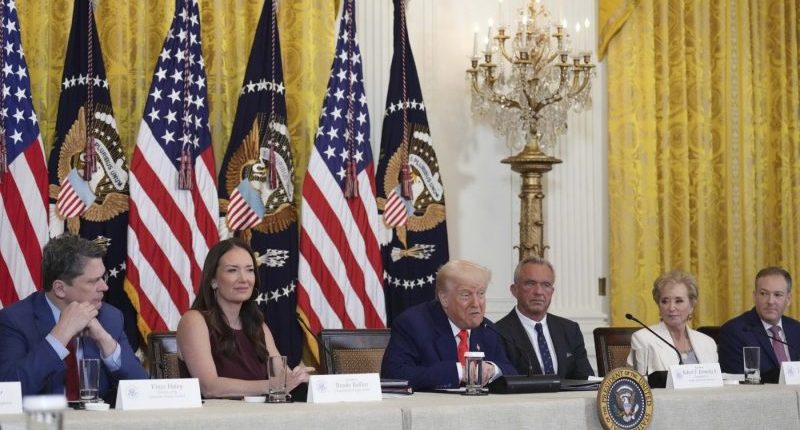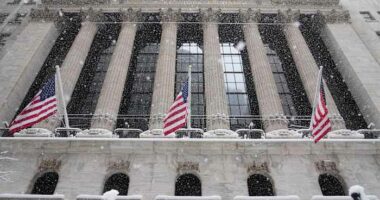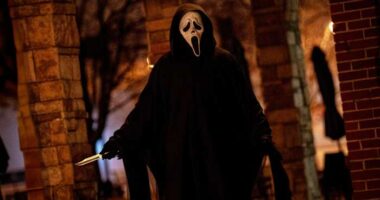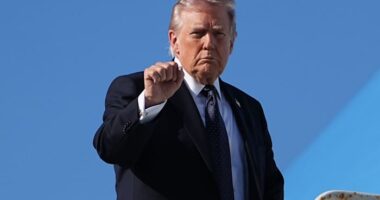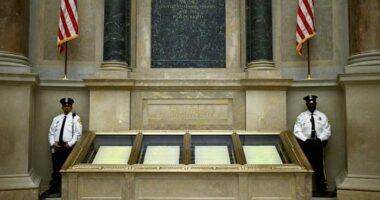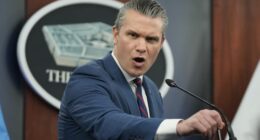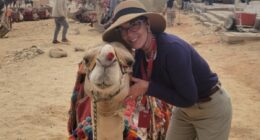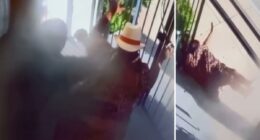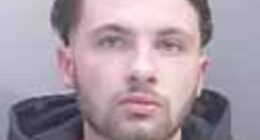Share this @internewscast.com

President Trump on Thursday expressed his belief that autism isn’t naturally occurring and mentioned inflated statistics about the rise in autism cases. He suggested that the proposed Make America Healthy Again (MAHA) Commission might hold the key to understanding the issue.
“It used to be one in 10,000 cases, and now it’s one in 31 for autism. I find that quite troubling. There has to be an external factor, something artificial,” Trump stated at a MAHA Commission event. “Our public health system must remain independent of the industries it is meant to regulate. We’re committed to finding answers because the public demands it, and that’s why we’re gathered here.”
He highlighted that the administration is working to remove eight common artificial food dyes. This follows the Food and Drug Administration’s recent decision to begin eliminating petroleum-based food dyes from U.S. food products due to concerns about their potential effects on children’s health.
The MAHA Commission event unveiled the group’s new report, which pointed to four key factors it says are hurting U.S. children: ultra-processed foods, environmental chemicals, digital behavior and “overmedicalization.” The report identifies pesticides and other chemicals as potentially having harmful health impacts, but it stops short of recommending actions to limit them.
At the event, the president was sitting beside Health and Human Services Secretary Robert F. Kennedy Jr., who is a prominent vaccine skeptic and has also shared his debunked theories around a link between autism and vaccines.
Ahead of Kennedy’s confirmation vote in the Senate, Trump also shared figures questioning the autism rate.
“20 years ago, Autism in children was 1 in 10,000. NOW IT’S 1 in 34. WOW! Something’s really wrong. We need BOBBY!!! Thank You! DJT,” Trump wrote on Truth Social at the time.
He has similarly brought up autism rates during Cabinet meetings while touting Kennedy’s work, and in December, he said he thinks there are “problems with vaccines” and has suggested his administration would investigate a debunked link between the two.
About 1 in 36 children now have a diagnosis of autism spectrum disorder, according to estimates from the Centers for Disease Control and Prevention, compared to about 1 in 150 in 2000.
